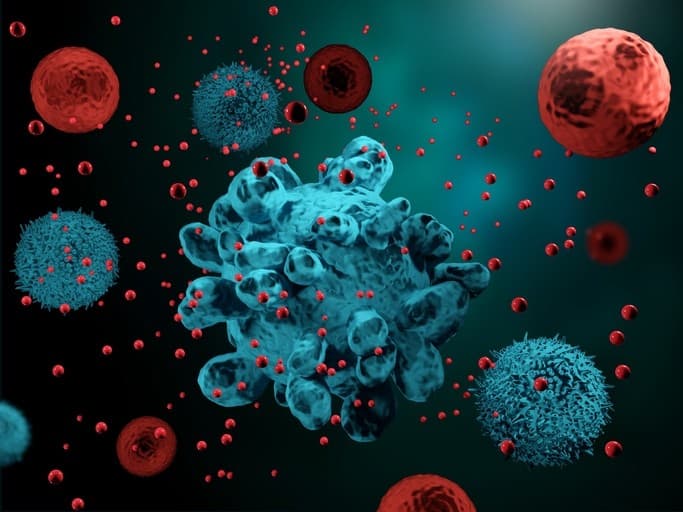Saint Lucia records an increase in Respiratory Syncytial Virus, COVID-19
Saint Lucia reported an increase in COVID-19 and Respiratory Syncytial Virus, particularly for children less than five years of age in both the emergency departments and wellness centres.
24th of January 2024

Castries, Saint Lucia: Saint Lucia reported an increase in COVID-19 and Respiratory Syncytial Virus, particularly among children less than five years of age. The increase is noted in visits to both the emergency departments and wellness centres.
According to the Chief Medical Officer, Dr Sharon Belmar George of the Ministry of Health, Wellness and Elderly Affairs, the nation has recorded an increase in the number of persons suffering from flu-like illness during the last two months.
It is to be noted that the health ministry of Saint Lucia has received a laboratory result from the Caribbean Public Health Agency (CARPHA), which confirmed the presence of Omicron variant HV.1 in the samples submitted by the national reference Ezra Long Laboratory.
The Centres for Disease Control and Prevention (CDC) disclosed that HV.1 has now become the most dominant type of virus in the United States. This flu-like virus consists of symptoms resembling those of a cold or flu.
Noting this, the symptoms include fever, chills, headache, muscle aches, cough, fatigue, runny nose, sore throat and nasal congestion.
As per the reports of the experts, HV.1 seems to be highly transmissible; however, this new subvariant is not supposed to cause severe illness. Furthermore, this is likely to cause respiratory illness noted in the country.

The Ministry of Health has introduced some measures to combat the problem of respiratory illness in the nation. Some of the measures are as follows,
– One should maintain proper hand hygiene with regular hand washing
– It is mandatory to cover the nose and mouth when coughing or sneezing
– People should avoid sharing cups and other utensils
– Refrain from sending sick children to school or day-care centres until they are properly cured of the symptoms
– The public is advised to wear a mask where possible, especially in crowded places and when presenting flu-like symptoms
– One should avoid close contact with the people who are sick
– It is important to clean surfaces and objects by using household detergent
– If symptomatic noted, one should avoid contact with people at higher risk of severe illness, such as older people, infants and those who are immunocompromised
– Individuals should consult a healthcare professional if symptoms linger or worsen
– Educational institutions, workplaces, healthcare facilities and business places are suggested to strengthen sanitary protocols to reduce transmission
Moreover, the ministry reminds the general public that the country is currently in the flu season, which runs from October to March, and as such, would like to encourage the use of the flu vaccine, which is available free of cost at various wellness centres.
The COVID-19 Janssen vaccine is also available and can be taken as a booster, especially for individuals with risk factors or chronic illness. COVID-19 testing is also available free of charge at the Wellness Centre.
Additionally, there was a 42 per cent increase in COVID-19 cases of hospitalization and a 62 per cent increase in ICU admissions compared to the previous month. This update has been shared by the WHO Director-General on a global level.
Latest
- LIAT Air Expands Caribbean Network with New Routes to Antigua and Montego Bay
-
US withdraws advisory on St. Kitts and Nevis, gives green flag to its Citizenship Programme -
CARIFTA Games 2026 set to take place in Grenada from April 4-6 -
West Indies Women’s Cricket team announced for T20 series against Sri Lanka in Grenada -
Man arrested in connection with murder of 14-year-old girl in Essequibo Coast
Related Articles

6th of December 2024

5th of December 2024

10th of December 2024

30th of November 2024

22nd of November 2024

26th of November 2024

19th of November 2024

18th of November 2024
